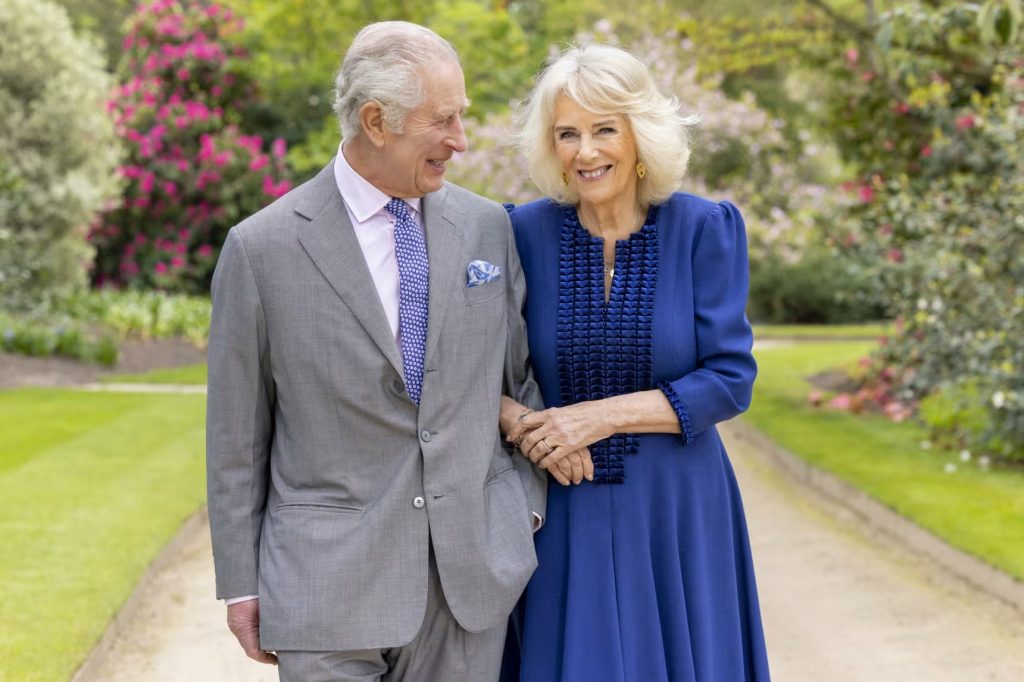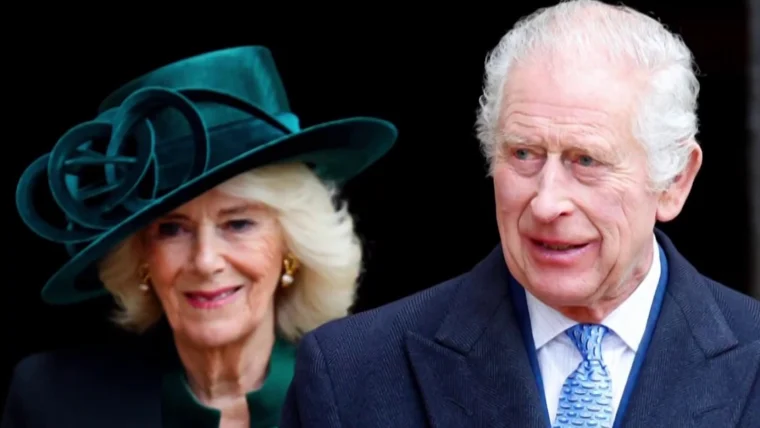LONDON — Buckingham Palace announced on Friday that Britain’s King Charles III will resume public duties next week, marking his return to engagements after a nearly three-month hiatus due to his cancer diagnosis.
In a statement, the palace expressed optimism about the king’s recovery, noting that his medical team is pleased with his progress but did not provide further details.
Accompanied by Queen Camilla, King Charles will visit an undisclosed cancer center on Tuesday to meet with medical specialists and patients. This visit marks the beginning of a series of engagements planned for the king in the coming weeks, including hosting Japanese Emperor Naruhito for a state visit in June.
As the anniversary of Charles’ coronation approaches on May 6, the palace conveyed the royal couple’s gratitude for the support they have received during the past year’s challenges.
Since being diagnosed with an unspecified form of cancer in February, the 75-year-old king has limited his duties to private matters. Although initially hospitalized for an enlarged prostate, the palace clarified that he does not have prostate cancer.

While the king’s treatment continues, the palace emphasized that his return to public duties will be gradual and subject to medical advice. Nonetheless, Charles is eager to resume some public engagements and appreciative of his medical team’s ongoing care.
The king’s illness comes during a period of transition for the royal family, compounded by Princess Kate’s revelation of her own cancer treatment. Both she and Charles have chosen not to disclose specific details about their conditions or prognosis.
With Queen Elizabeth II’s passing in 2022 and the absence of key members like Prince Harry, Meghan, and Prince Andrew, the royal family faces challenges in maintaining its public presence.
Despite concerns over privacy and transparency, Charles’ decision to disclose his diagnosis has been praised for its potential to raise awareness about men’s health. However, some medical professionals question the wisdom of withholding details that could aid in early detection and treatment.
The publicized experience has also drawn attention to the strained state of the National Health Service (NHS), highlighting the need for increased support and resources to maintain its quality of care.

